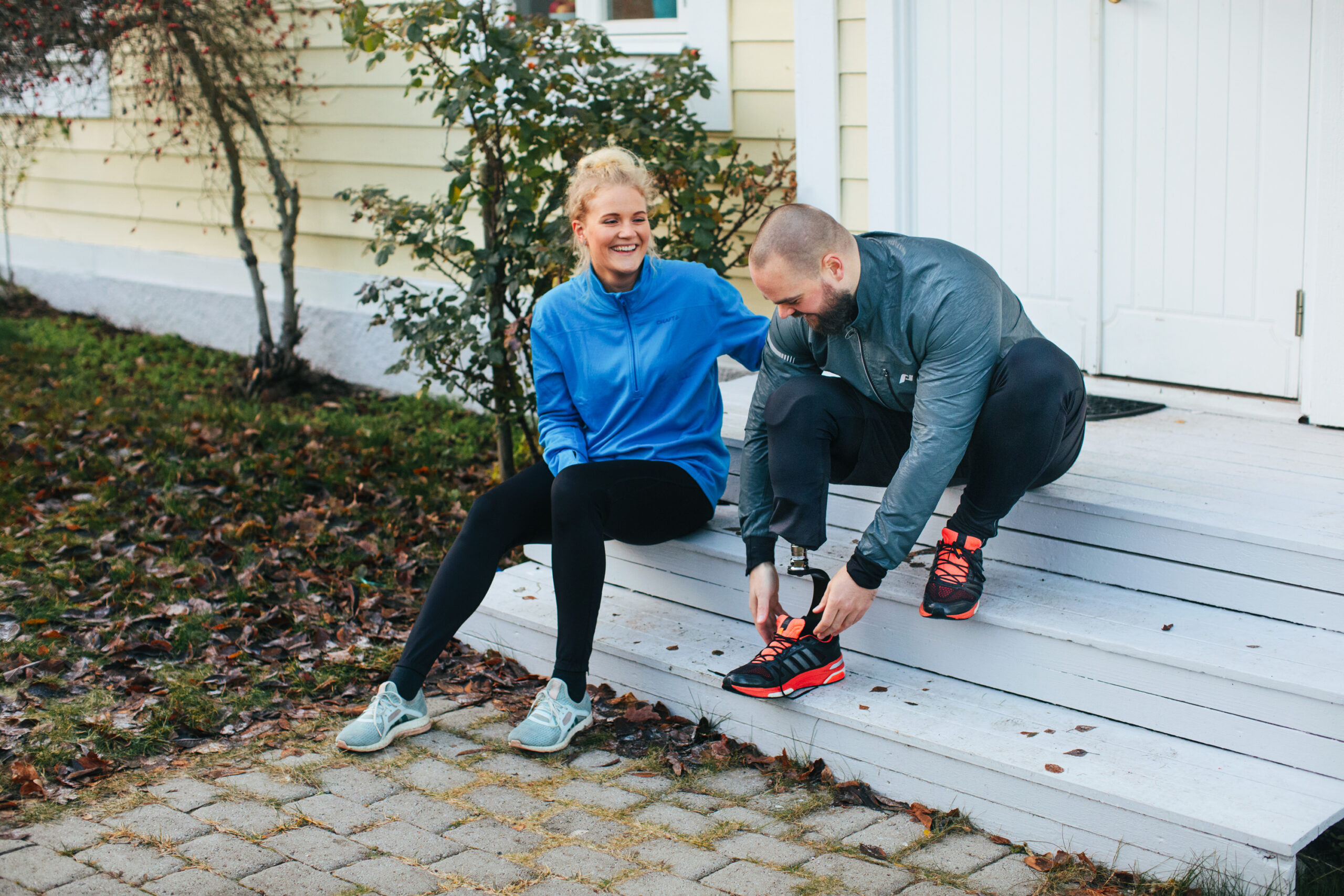
FAQs
Frequently Asked Questions
User Frequently Asked Questions
This resource is designed to answer common questions about our products and services, providing helpful information for anyone interested in orthotic and prosthetic solutions. Whether you’re looking for product details, warranty information, or tips on choosing the right options, our FAQs offer clear and practical guidance.
Does Fillauer sell direct to the public?
Fillauer Companies does not sell directly to the public. We partner with certified or accredited clinicians around the world to ensure patients receive the highest quality care and proper device fitting. We recommend working with a licensed prosthetist or orthotist who can help you find the right solution for your needs.
Where can I find a prosthetist or orthotist?
To ensure the best fit and function for your needs, we recommend working with a certified prosthetist or orthotist. You can find a qualified professional through the American Board for Certification in Orthotics, Prosthetics, and Pedorthics (ABC) or Board of Certification/Accreditation (BOC). Both ABC and BOC-certified practitioners meet high standard of education, training, and patient care to help you achieve the best possible outcome.
Are there organizations that support people with limb loss and limb difference?
Yes, several organizations provide support, resources, and community for individuals with limb loss and limb difference. These groups offer peer support, education, advocacy, and opportunities to connect with others. Learn more about the non-profit organizations available.
How do I care for my orthotic or prosthetic?
For all other products, care and maintenance instructions can be found in the product manuals on unique product pages.
How do I become a Fillauer All Star Ambassador?
Fillauer All-Stars are individuals who inspire others by showcasing the true potential of people with limb loss and limb difference. As ambassadors, they help raise public awareness, promote the Fillauer brand, and encourage others to achieve their best functional outcomes. If you’re passionate about motivating and influencing others, visit the Fillauer All-Stars page to submit an application. We look forward to hearing from you!
What is the difference between body-powered and myoelectric upper prosthetics?
Body-powered prostheses use cables and harnesses controlled by your shoulder or arm movements to open and close a hand or hook. Myoelectric prostheses use small sensors that pick-up muscle signals in your arm to control the movements of the hand or hook electronically. The best choice depends on your lifestyle, needs, and personal preference. We encourage users to talk to their clinicians about which options may be best for them.
